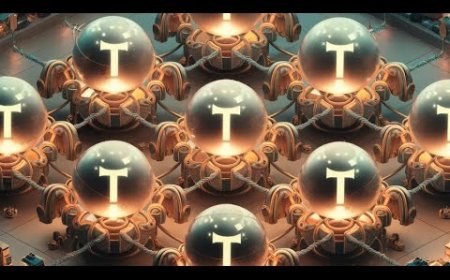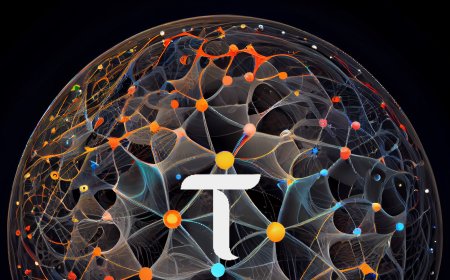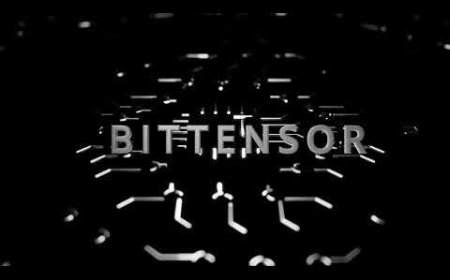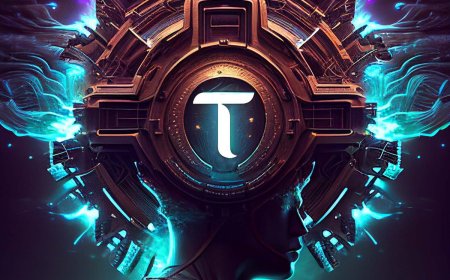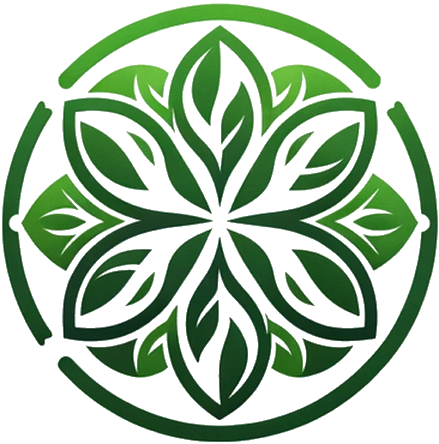How Olas is Reshaping the Future of Decentralized Autonomous Organizations (DAOs)
As the decentralized landscape continues to evolve, Olas is emerging as a project to watch. Designed to revolutionize how decentralized autonomous organizations (DAOs) function, Olas offers a modular, flexible approach that could reshape governance, operations, and scalability in decentralized systems
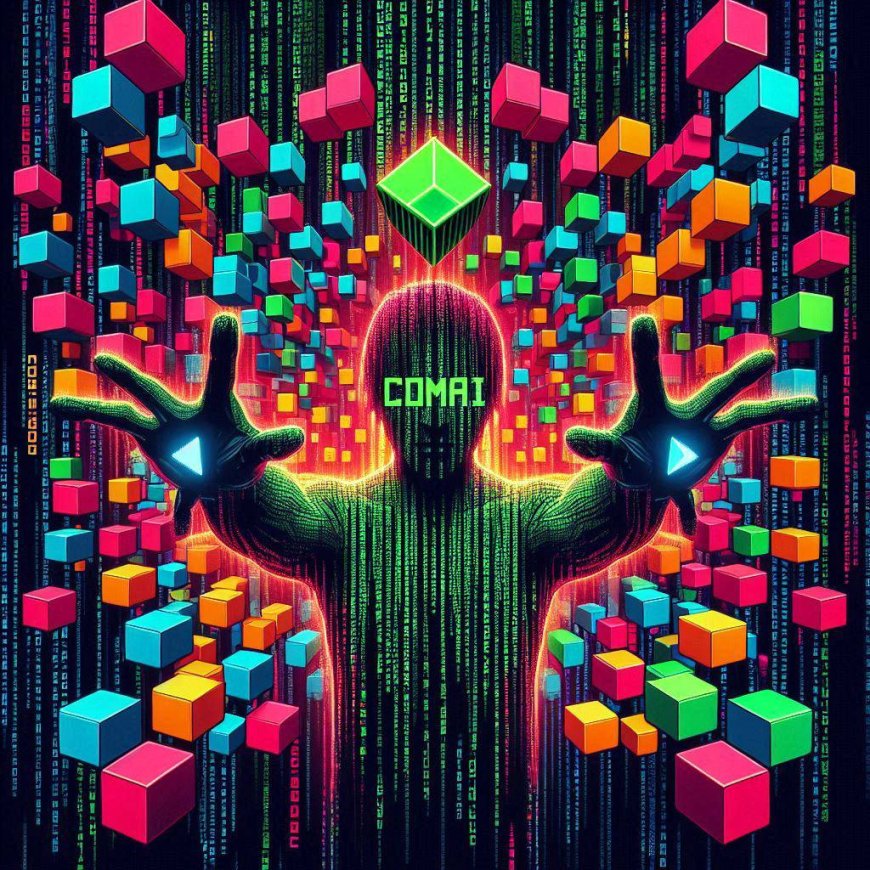
Introduction: The Rise of Olas in the Decentralized World
As the decentralized landscape continues to evolve, Olas is emerging as a project to watch. Designed to revolutionize how decentralized autonomous organizations (DAOs) function, Olas offers a modular, flexible approach that could reshape governance, operations, and scalability in decentralized systems. From empowering communities to manage their own resources to improving security and transparency, Olas is set to make a significant impact. Let's dive into the features that make this platform unique.
What is Olas? A Vision for Decentralized Governance
Olas isn't just another blockchain project. It's a visionary effort with a mission to redefine decentralized autonomous organizations. At its core, Olas provides communities with the tools they need to self-govern, enabling them to manage their own affairs, make decisions, and allocate resources autonomously. By removing the need for traditional centralized authorities, Olas empowers communities to take control of their destinies.
In a world where decentralized governance is becoming more critical, Olas allows communities to establish rules, vote on proposals, and manage operations through a decentralized framework. This self-governance fosters transparency, collaboration, and collective achievement.
The Modular Framework: Building Flexibility with Olas
One of the standout features of Olas is its modular framework. Think of Olas like a set of building blocks—you can assemble them in various ways to create something entirely new and functional, tailored to your specific needs. Whether you need a simple governance model or a more complex voting system, Olas provides customizable modules to choose from.
For example, if you're setting up a new club, Olas enables you to select different governance modules, from simple majority voting to more complex decision-making systems. It's like picking the right tool for the job, ensuring your decentralized application functions optimally.
Security and Flexibility: Key Strengths of Olas
Security is essential in any decentralized system, and Olas excels by offering multiple layers of protection. Olas allows you to choose the right level of security for different tasks, similar to wearing layers of clothing depending on the weather. For simple tasks, minimal security might be sufficient, while more sensitive operations require additional layers of encryption and safeguards.
Olas is also highly interoperable, meaning that agents within the system can seamlessly operate across different blockchain environments. Whether it's interacting with multiple chains simultaneously or switching between them as needed, Olas ensures your decentralized application isn’t constrained by a single blockchain.

Olas Agents: Automating Decentralized Operations
At the core of Olas are Olas agents, autonomous entities responsible for managing various tasks within the ecosystem. These agents facilitate decentralized trading through automated market makers, fetch external data using oracles, and handle on-chain voting and proposal execution. They even monitor network security, scanning for vulnerabilities and automatically initiating responses to protect the system.
By automating these critical tasks, Olas ensures that decentralized applications (dApps) operate smoothly without continuous human intervention, enhancing both efficiency and reliability.
Interoperability and Multi-Chain Architecture
A defining feature of Olas is its multi-chain architecture, which enhances scalability and allows seamless interaction with multiple blockchain networks. This cross-chain capability makes Olas ideal for decentralized applications that require flexibility. By eliminating the limitations of a single blockchain, Olas fosters a more interconnected and versatile ecosystem for developers and users.
Sophisticated Governance and Enhanced Security
Olas employs advanced governance mechanisms, such as on-chain voting systems and decentralized decision-making protocols, allowing users to manage operations collectively. The platform’s security is top-notch, employing cryptographic techniques and consensus mechanisms to ensure data integrity and protect against malicious activities. This robust security infrastructure helps maintain trust and reliability across the ecosystem, a must-have for any decentralized platform.
Real-World Applications: Finance, Supply Chain, and Beyond
The potential applications of Olas are vast. From decentralized finance (DeFi) to supply chain management, Olas can be applied in any industry that values transparency, security, and efficiency.
For instance, Olas could be used to build a decentralized finance platform where users can access financial services like lending, borrowing, and trading without traditional intermediaries. This provides a global user base with more accessibility and transparency, reducing reliance on centralized financial institutions.
Olas can also revolutionize supply chain management by recording key information like product origins, manufacturing processes, and transportation details on a decentralized ledger. This would ensure authenticity, reduce fraud, and increase transparency throughout the supply chain, ensuring that all stakeholders have confidence in the products they receive.
Key Olas Projects: Pearl, Baby Djan, and Omen
Olas is currently working on several innovative projects that highlight the platform’s capabilities:
- Pearl: A tool designed to make running an Olas agent as easy as a few clicks. Pearl simplifies participation in the agent economy, allowing users to earn staking rewards with minimal effort.
- Baby Djan: An autonomous trading agent that uses AI models to navigate the fast-paced world of DeFi. Baby Djan trades on behalf of users, making decentralized trading more accessible.
- Omen: This autonomous agent trades in prediction markets by assessing probabilities using AI tools and placing bets accordingly. Omen allows users to participate in prediction markets with minimal manual involvement.
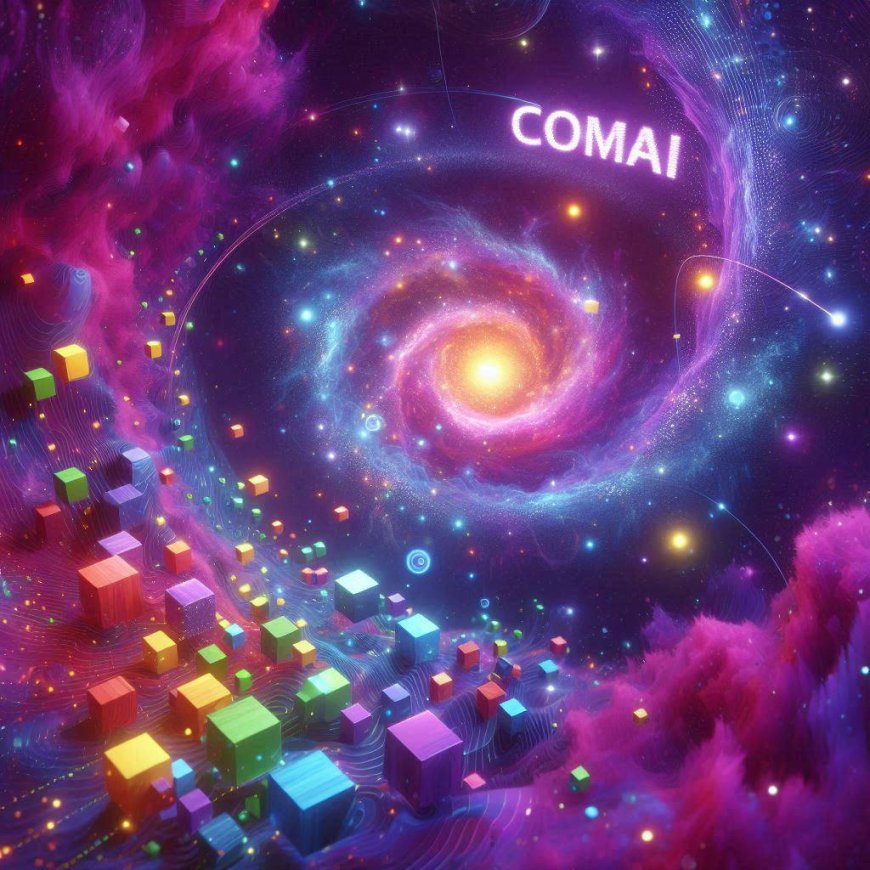
Challenges and Future Prospects for Olas
Like any ambitious project, Olas faces challenges, including scalability, user adoption, and regulatory uncertainties. However, the Olas team is actively working on solutions to address these issues, with continuous development aimed at overcoming the typical hurdles faced by decentralized platforms.
As the platform evolves, Olas has the potential to play a significant role in shaping the future of decentralized governance and blockchain technology. With a growing community and innovative developments on the horizon, Olas is poised for success.
Conclusion: Why Olas is a Game-Changer in Decentralized Governance
Olas offers a unique and flexible approach to decentralized governance through its modular framework, robust security, and interoperable multi-chain architecture. Whether you’re looking to build a DeFi platform or streamline supply chain operations, Olas provides the tools needed to empower communities and enhance efficiency in decentralized environments.
Stay tuned as Olas continues to evolve, and don’t miss out on the potential this platform holds for the future of blockchain and decentralized applications.
Interested in Olas and the future of decentralized governance? Subscribe to stay updated!
By integrating essential SEO keywords like Olas, decentralized autonomous organizations (DAOs), and blockchain interoperability, this article is optimized to engage readers and rank higher on search engines, attracting a broader audience.
Source : @Eden.
